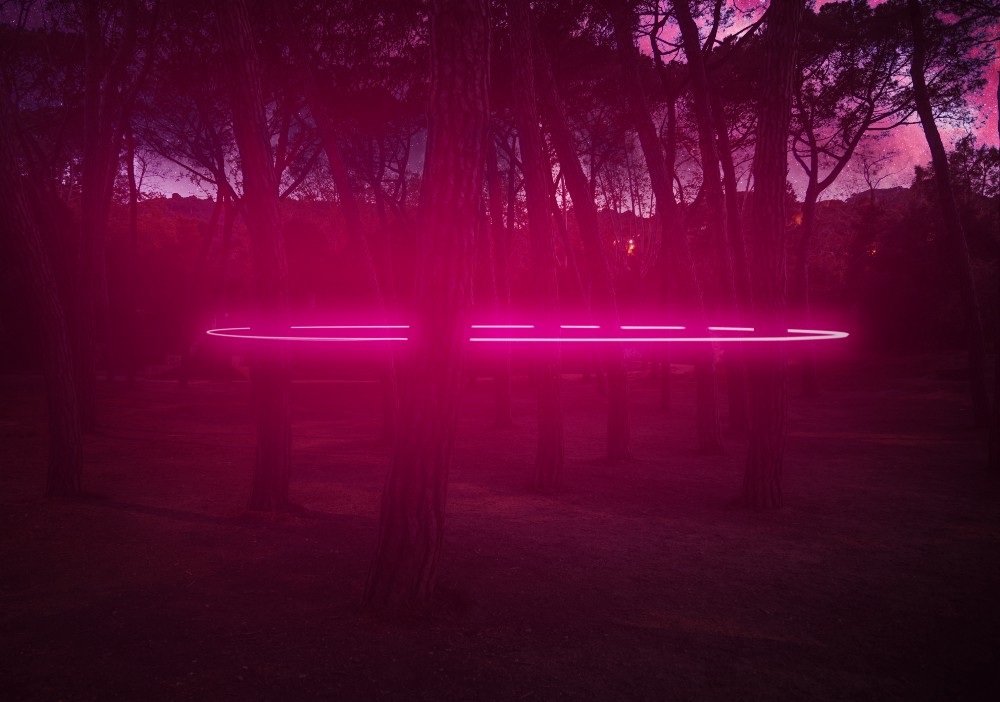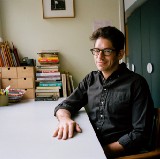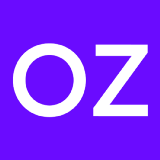Beyond the Dark Forest Theory of the Internet
Re-learning how to be yourself online


This is a two-part post. Click here for part one.
Prequel to the Dark Forest
Two weeks ago I wrote about the dark forest theory of the internet. I used the dark forest theory to explain why we’re afraid to be public online, and what could be lost as a result.
I first connected the dark forest theory with the internet when I had a strange realization earlier this year: that I knew how to be myself in real life, but I didn’t know how to be myself online.
In “real life” I’m a reasonably self-confident, 40-year-old human. If we sat next to each other on a plane we’d have a good-to-memorable conversation.
But on the internet, I feel like a teenager struggling to find their identity. I’m all awkward exclamation points and weird over-explanations. I’m often too self-conscious to be interesting or real.
When I used the internet as an actual adolescent in the 1990s and as a young adult in the 2000s, this wasn’t the case. I blogged every day. Message boards were how I learned to test theories and debate ideas. These communities were small enough that people knew each other but big enough that there was a diversity of opinion and conversation. You could vehemently disagree with someone about politics in one thread while agreeing just as passionately with that same person in a debate about movie sequels in another.
I had no problem being myself online then. But now it feels different.
A lot of this difference is on me. I’m older. I have more at stake. But it’s not just me that changed. The internet did too. The internet went from a venue for low stakes experimentation to the place with some of the highest stakes of all. With the rise of online bullying, shaming, and swatting, the internet became emotionally, reputationally, and physically dangerous. It became the dark forest. Our digital breadcrumbs became evidence that could and would be used against us. To keep safe we exercised our right to stay silent and moved underground.
When it comes to showing our true selves online, many of us are more like black domains than we care to admit.
In The Three Body Problem series, author Liu Cixin presents a solution for the dark forest threat: a “black domain.” This device slows the speed of light to create a cloak of invisibility around a planet or galaxy. A black domain stops everything from getting in or out. It’s security through cosmic self-imprisonment.
Dark forests like email lists and Slack groups are more forgiving than Liu’s black domains. They’re off-grid, but they aren’t that off-grid. Today’s black domain equivalents might be things like putting phones in freezers, Mastodon, and crypto cold storage. Not many of us are that hardcore with our digital habits yet. But when it comes to showing our true selves online, many of us are more like black domains than we care to admit.
Beyond the Dark Forest
When I realized I didn’t know how to be myself online, my first thought was: Who cares? It doesn’t matter. It’s just the internet.
But the more I thought about it, the more I began to think that it did matter. There’s tremendous value in coming into yourself as a person. Why wouldn’t that be true online, too? Recognizing that my online self was lacking, I decided to learn how to be myself on the internet.
I started with a simple exercise. For one week, I would tweet twice a day. (Normally I tweet about once a month.) I wouldn’t try to impress or be cool. I would be real and share whatever was actually on my mind.
Once in the morning and once at night, I tweeted. I wrote about child-rearing, grocery shopping, politics, books, and basketball. The results were more trivial than revolutionary, and that was the point. I wasn’t trying to stand out. I was getting practice reps at being me. The regular schedule lowered my anxiety and helped dial in my voice.
The next step in my digital self-acceptance was to try sharing my dark forest self with the larger internet. After sending my last email about the dark forest, I posted it here on Medium, which isn’t something I normally do. I didn’t expect a response, but I was nervous nonetheless. And then, out of nowhere, the piece blew up. In the last two weeks, more than 130,000 people from around the world read it.
The dark forest theory struck a chord. And it’s no wonder: many of us struggle to be ourselves online. We’re wary of showing who we are outside our private channels. But at the same time, we recognize that there are trade-offs to our isolation. Our dark forests can become black domains, with little connection to or influence on the outside world.
The internet went from a venue for low stakes experimentation to the place with some of the highest stakes of all.
What’s the in-between? That’s what my experiments have been trying to find. That process is ongoing, but my more-complicated-in-practice-than-theory answer is to strive to be your true self in every context and vow to be present wherever you are. We can’t lurk in the dark forests and expect anything to change for the better. To improve and positively contribute to the communities and cultures we’re a part of, we have to actively engage. As I wrote last time, what kind of bowling alley it is depends on who goes there.
Sometimes I question the merits of the project. Is this a waste of time? Why not just delete my accounts and stay in my dark forests forever?
It’s tempting, I admit. But whenever I go down that path, I think about Russia’s disinformation campaign that began before the 2016 election, and that continues to this day.
Russia’s GRU directed their agents to pose as Americans using fake social media accounts, and to use those accounts to flood Twitter and Facebook with politically and racially divisive messages. These sleeper accounts didn’t (and don’t) just post propaganda, however. In between their attempts to inflame, they posted about cooking, sports, and other everyday mundanities. They used the trivial to build rapport and trust with their followers, to make the fake accounts seem more real, and to normalize the extreme ideas they were posting.
Here I was retreating from the web because I thought my online presence was unimportant and inconsequential. Meanwhile, a foreign power was using its resources to pretend to be someone like me to try to influence someone like me. What kind of influence does that mean I really have? What kind of influence does that mean each of us has? And who fills that vacuum if we fail to fill it ourselves?
I don’t like the possibilities that come up when I try to answer that question. And so rather than retreat into my black domain, here I am: re-learning how to be myself on the internet instead.

